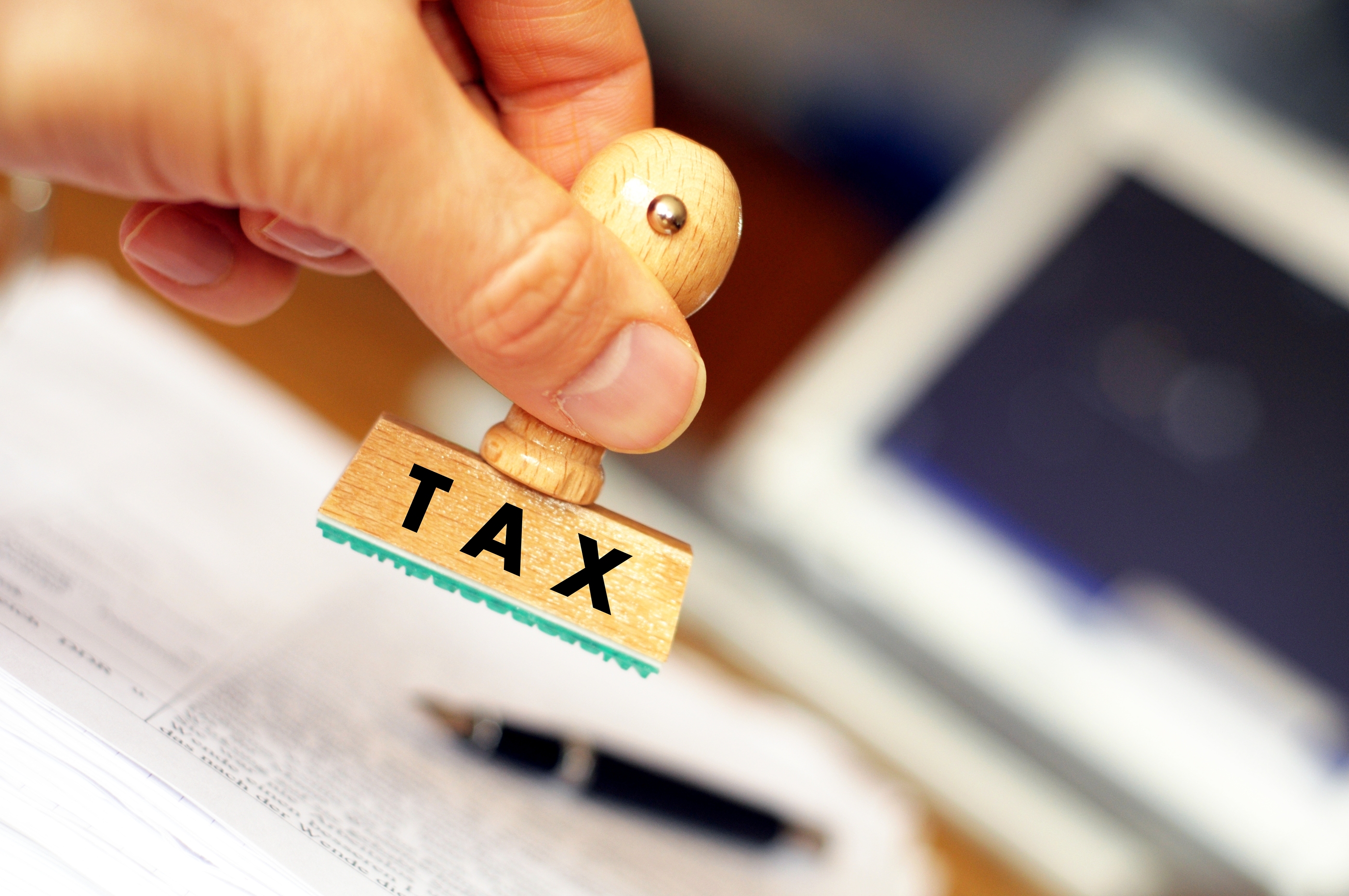Once your business has started to grow, you’ll probably get to the point where employing staff is the next logical step. This is when you’ll need to set up a PAYE scheme for your company.
But what is PAYE and how does it work? We’ve put together this article to help.
What is PAYE all about?
“PAYE” is short for Pay as You Earn. As the name partly suggests, it’s a mechanism for employees to pay their income tax and National Insurance contributions while they’re earning.
No matter how regularly you pay your staff, they’ll need to pay tax, NI, and other contributions such as pension payments, on their income.
PAYE enables employers to deduct these payments ‘at source’ – that is, from their employees’ wages, and then pay everything over to HMRC for them.
An employer’s PAYE scheme can also be used for other deductions such as car payments and student loan deductions.
In short, employers become the tax collector, so that employees don’t need to spend time on tax returns (and risk getting it wrong) to report employment income.
Making deductions through PAYE
How much you deduct depends on the employee’s tax code, what they earn, and any other contributions they need to make.
For example, a tax code shows how much an employee can earn before they have to start paying tax (an amount known as their personal allowance).
The most common tax code is 1257L. This shows that the employee can earn up to £12,570 in a year before they need to start paying tax.
An employee might also need to pay National Insurance or pension contributions, and student loan repayments too!
How do I know when to register for PAYE?
You’ll need to keep really accurate, up-to-date records of everything that you pay to or deduct from anyone in your business, but you might not need to register for PAYE straight away.
You’ll need to register if any employees or directors:
- Are paid £123 or more a week
- Receive taxable expenses or benefits
- Have another job
- Get a pension
Is registering for PAYE fairly easy?
This depends on a few things, not least if you’ve done it before. The process itself is relatively straightforward but as ever with HMRC, the information you might need can seem confusing.
It’s why many companies decide to use an accountant to register for PAYE rather than go it alone, but there’s no requirement either way.
The important thing when operating payroll is that it’s absolutely accurate.
The information you put into your payroll calculations must be correct, and the system that you use must be reliable!
It’s your responsibility to make sure everything is correct, and that both your employees and HMRC receive the right payments, at the right time.
Otherwise, you could end up with hefty fines, and some very fed-up staff.
What information do I need to set up a PAYE scheme?
Whether you decide to register for PAYE yourself or get an accountant to do it for you, there’s some information you’ll need:
- Company name (or business name if you’re a sole trader)
- The company director’s full name and NI number
- Company Registration Number (CRN)
- Nature of the business
- Company unique taxpayer reference (UTR) number
- Business address
- Number of employees
- First payday
Once you register online for the PAYE system, you should get a PAYE reference in the post along with an Accounts Office Reference.
This will be sent out to the address your business is registered to, and usually takes around 5 working days to arrive.
What are the benefits of using an accountant?
Your working day is busy and frankly, you just want to get on with what you do best. By handing over all the fiddly bits to a specialist, you can save time that’s better spent growing your business – but do you actually need an accountant for your business?
Getting the details right
Accountants have seen it all before – many, many times. They’re experts at completing and submitting tax forms and know exactly what HMRC is looking for.
There’s also far less chance of expensive errors that can hit you hard in time and money.
Cutting your tax bill down to size
When you submit your tax return, it’s not just about ticking a few boxes and checking figures. There are lots of ways you can (legally of course) reduce your tax bill through tax breaks and reliefs.
Some of them you’ll probably be aware of already, but many of them you won’t. Any accountant worth their salt will help you make sure that you don’t pay more tax than you should.
In fact, the savings you make can often cover the cost of using an accountant in the first place. You also don’t need to spend your time trying to keep up with ever-changing tax legislation.
General business advice
A decent accountant will often be in the best position to offer tailored advice that suits your growing business. They’ll likely have dealt with similar businesses before and will have in-depth knowledge of your finances.
There’s lots you can ask your accountant to do for your business. Having the chance to bounce ideas about and discuss things with your accountant is also really important.
They can offer valuable support and give the kind of objective feedback that’s hard to find elsewhere. And if you’re struggling with something that your accountant can’t help with, there’s a high chance they’ll know someone who can.
Find more tips and advice for your business on our website, or tap into our guide on hiring the right accountant.








1 Comment